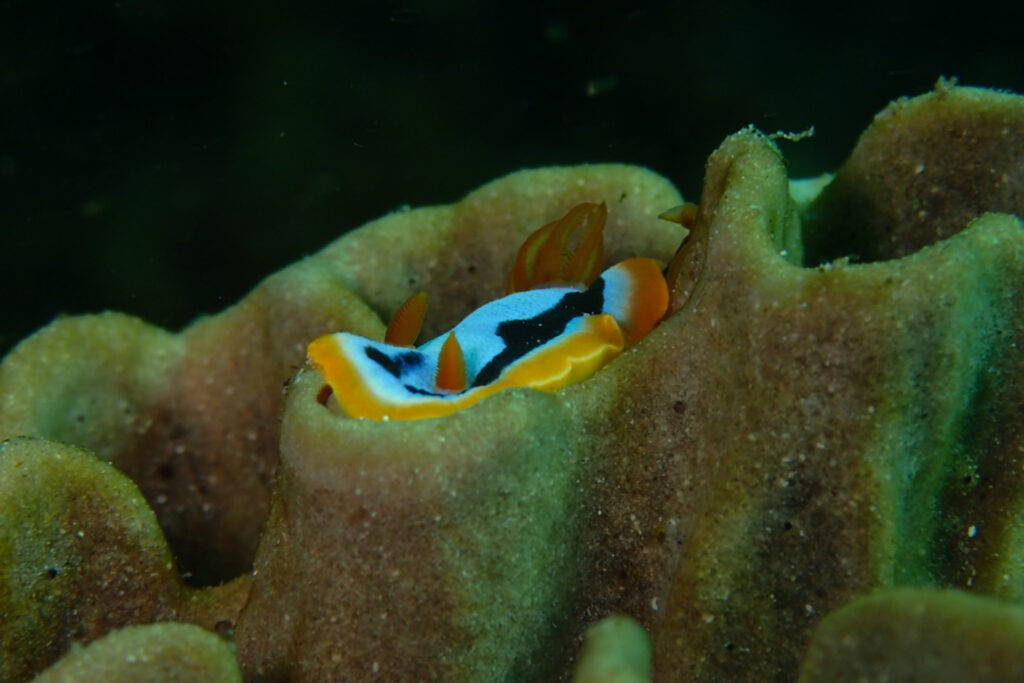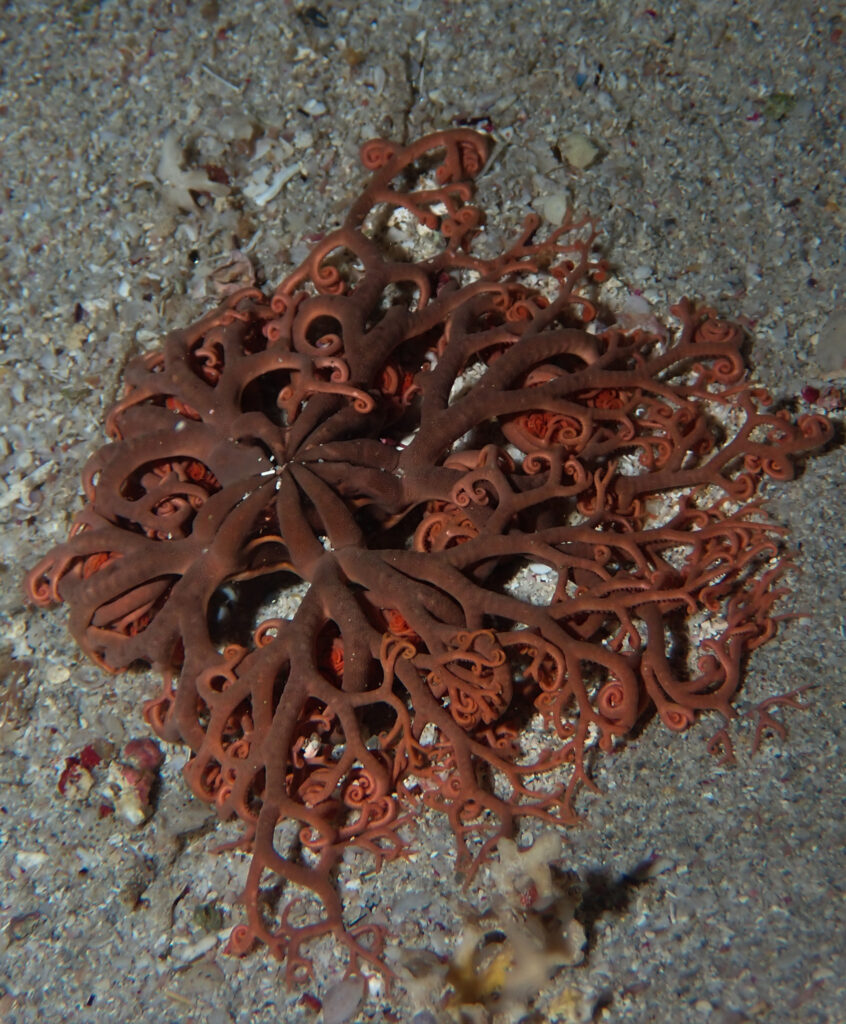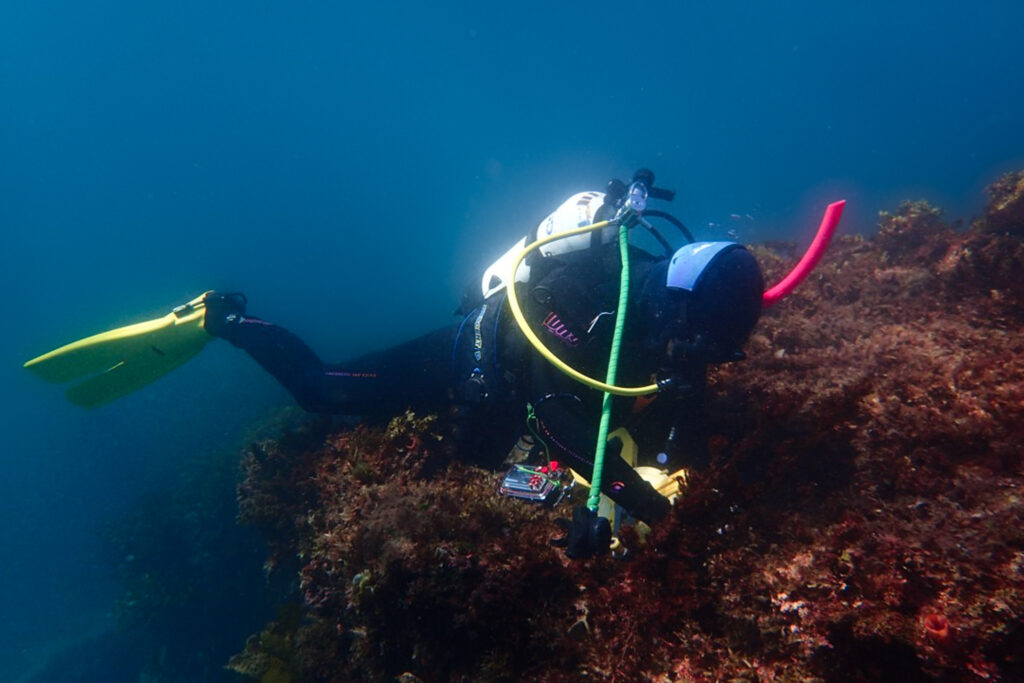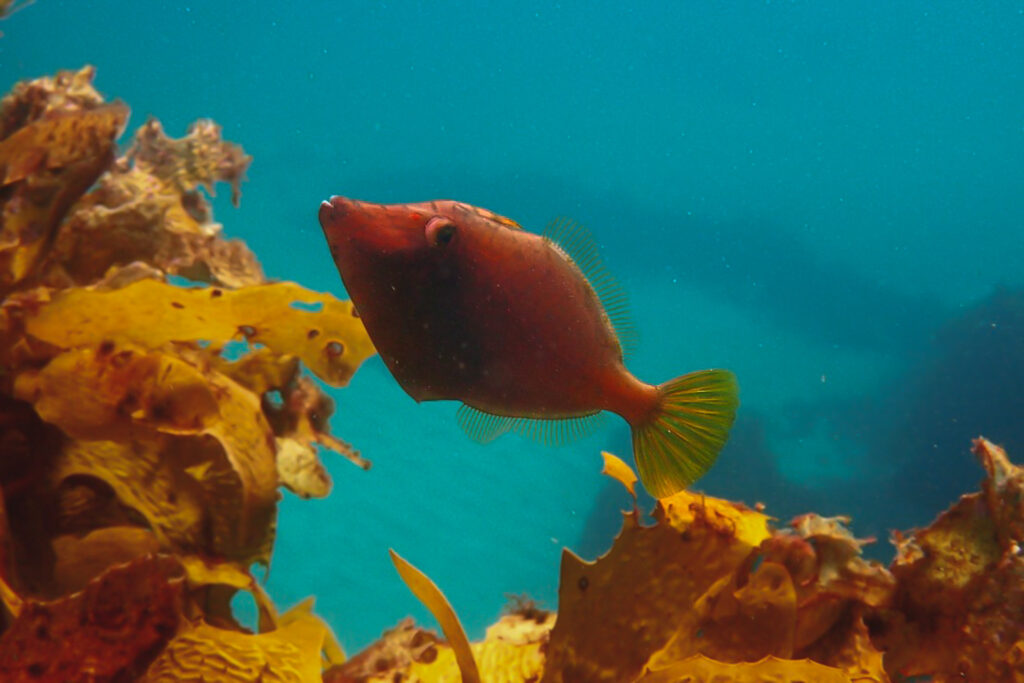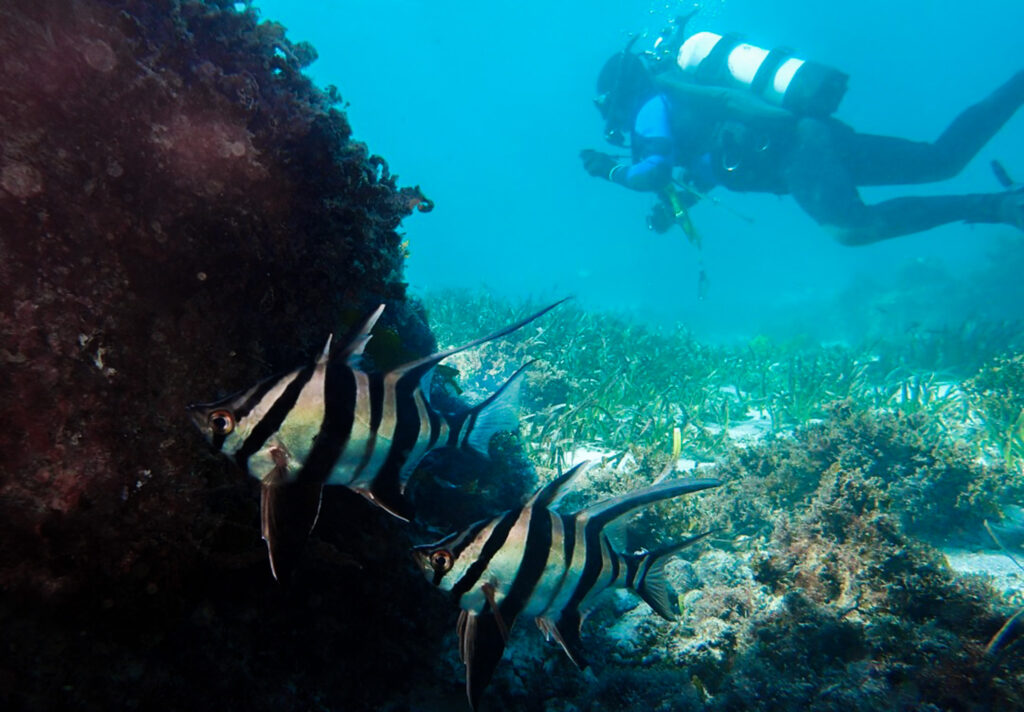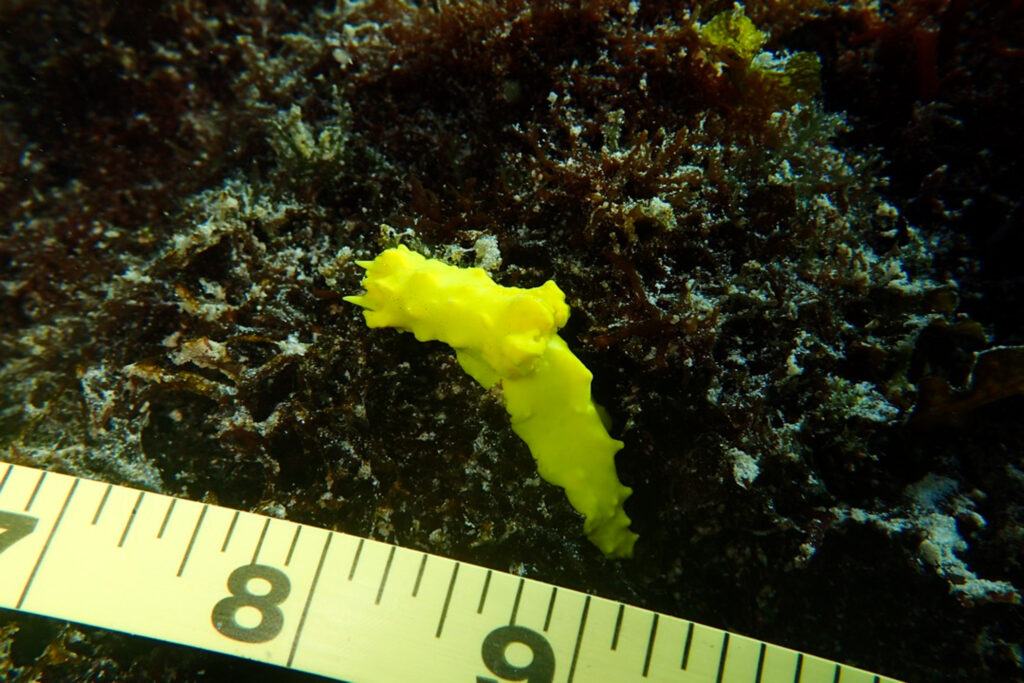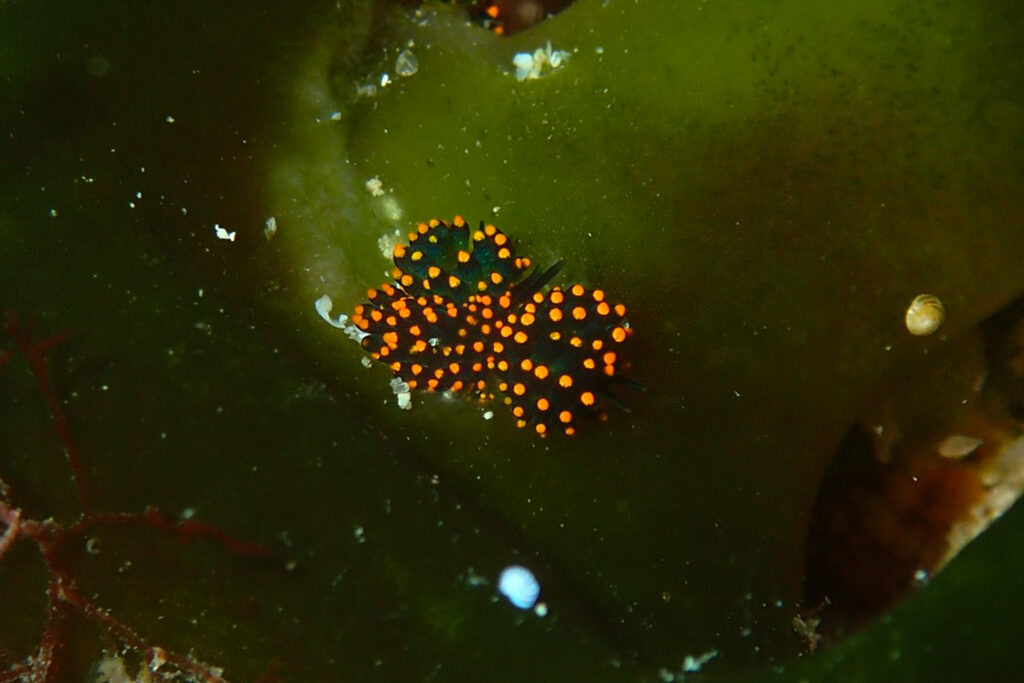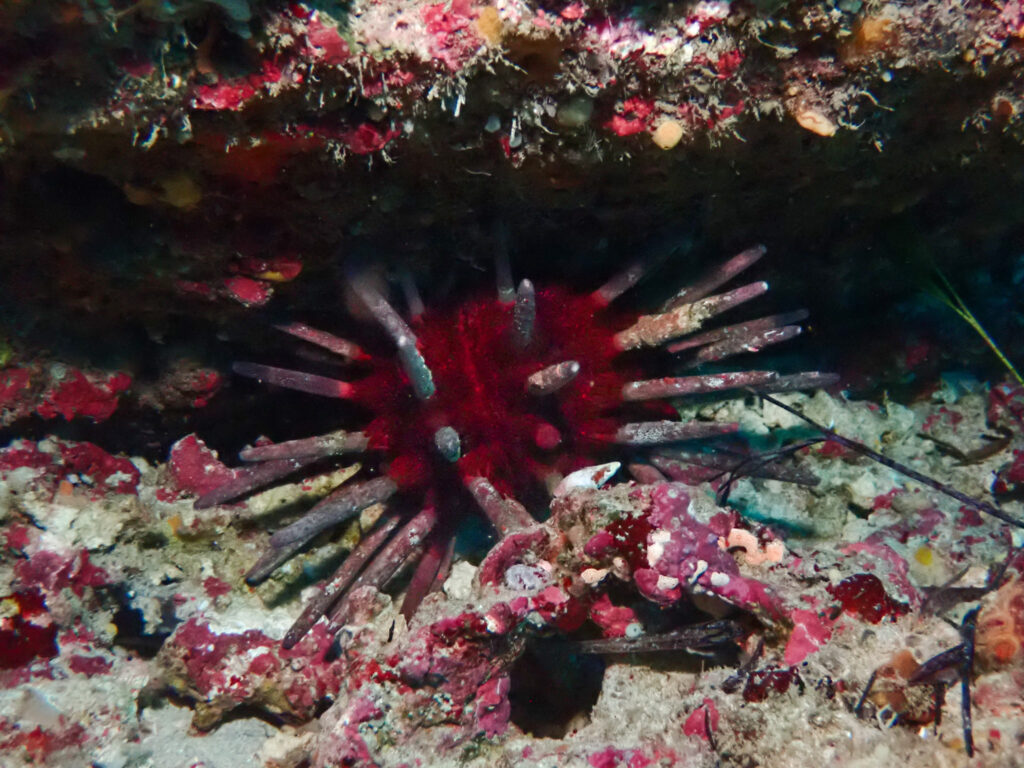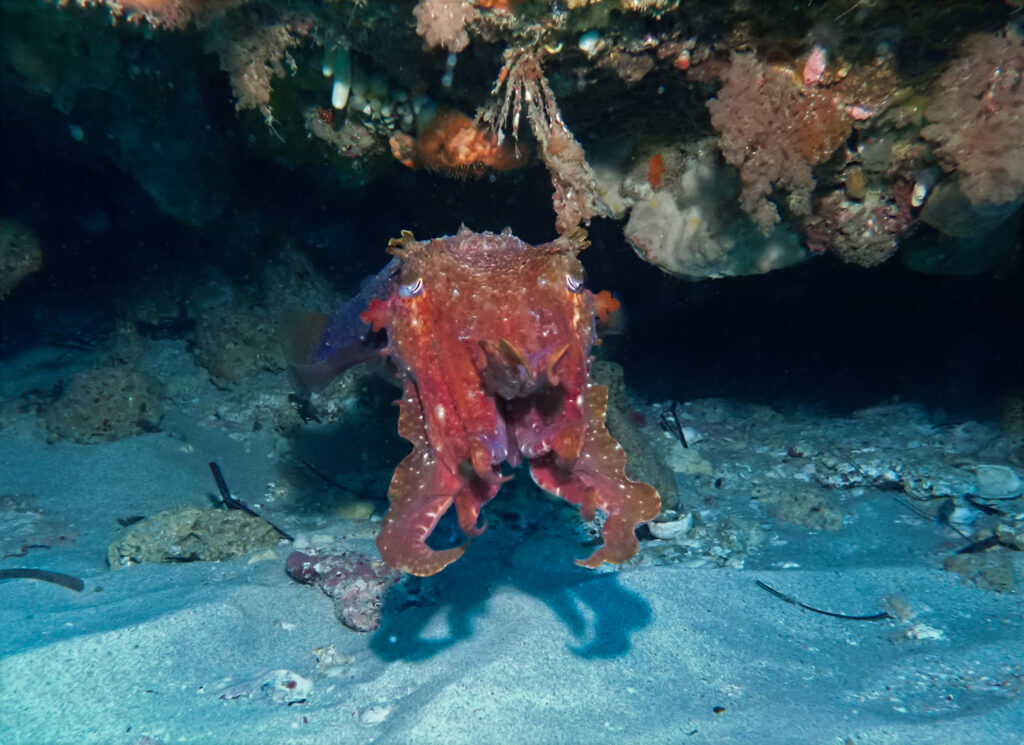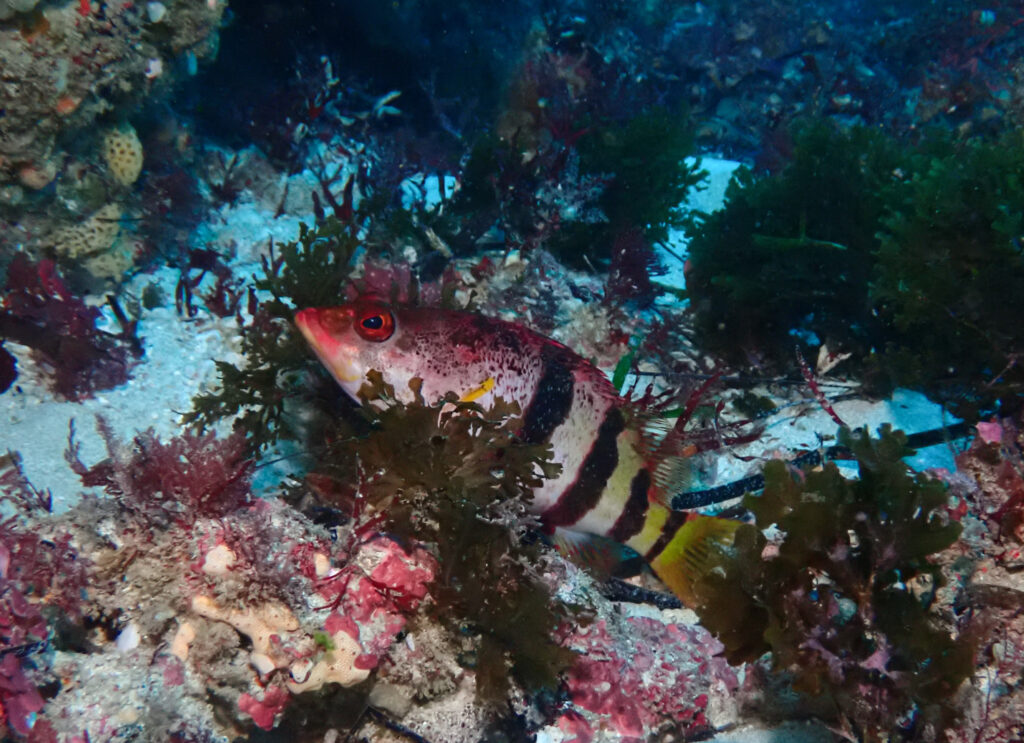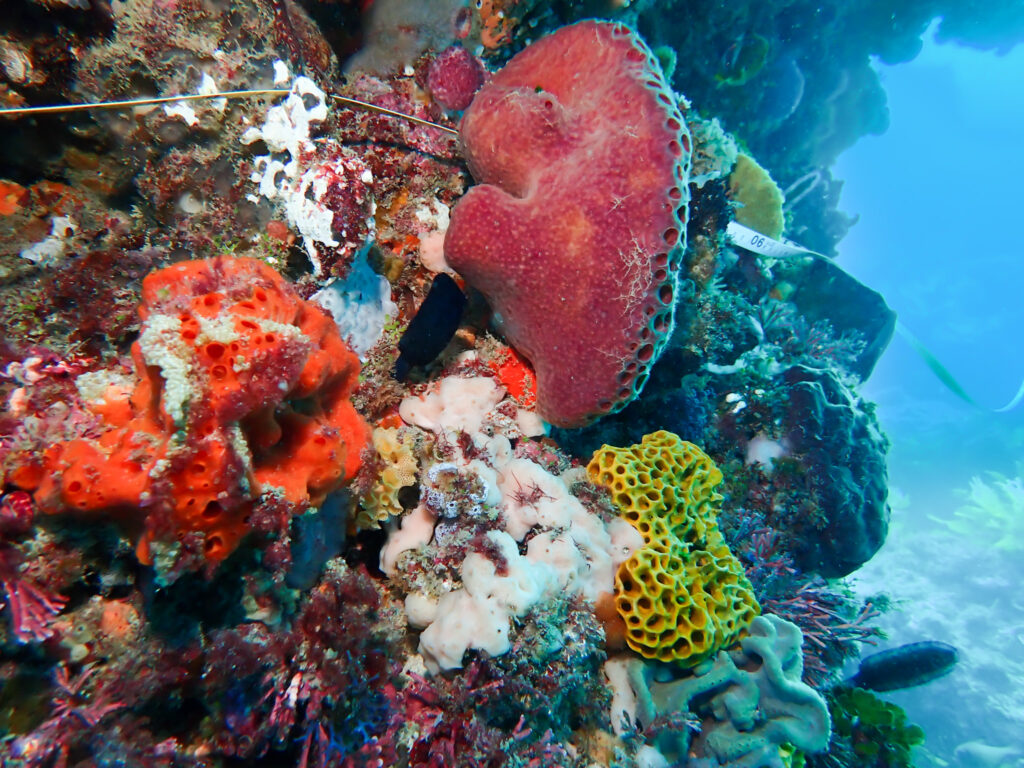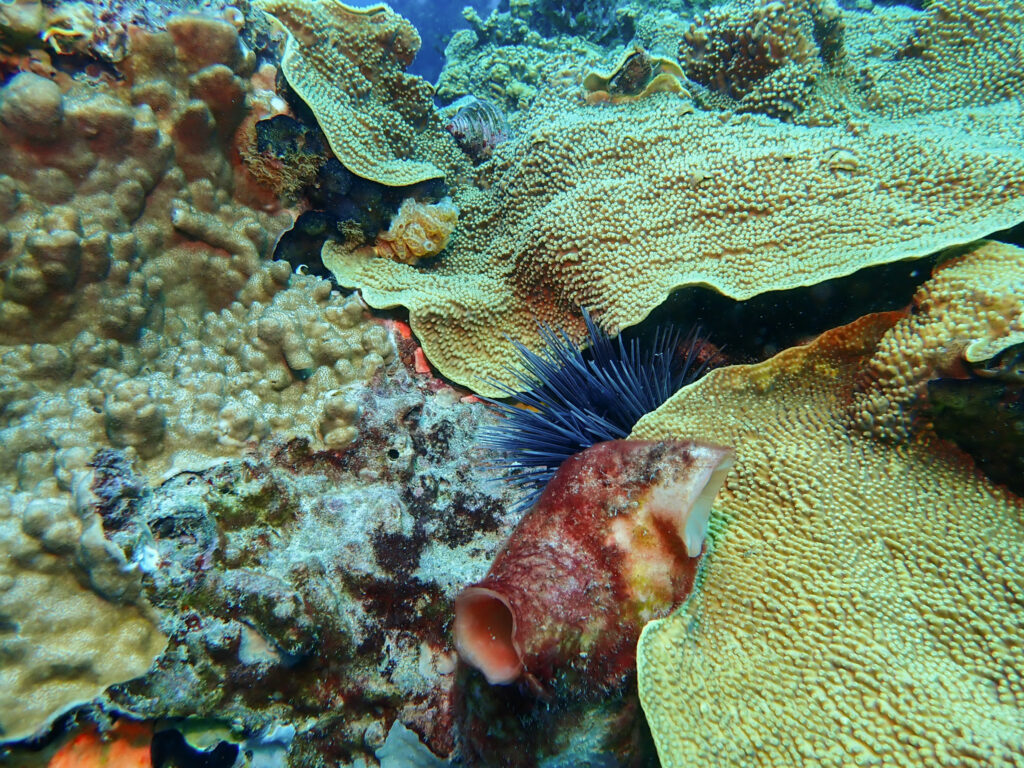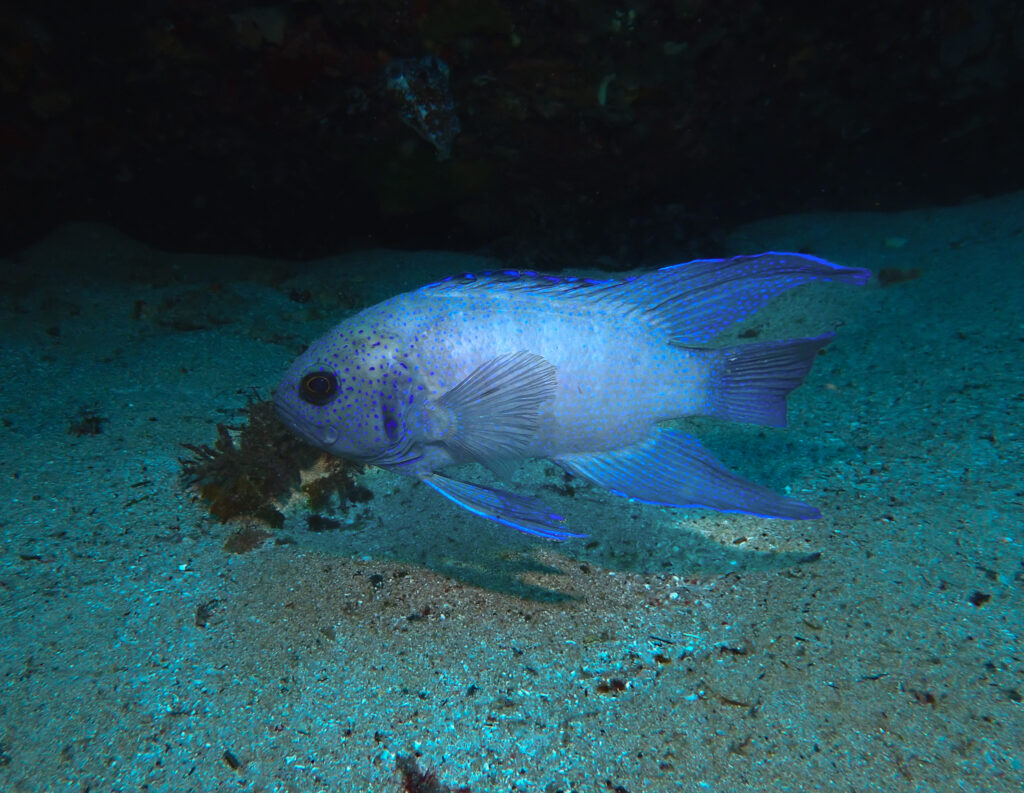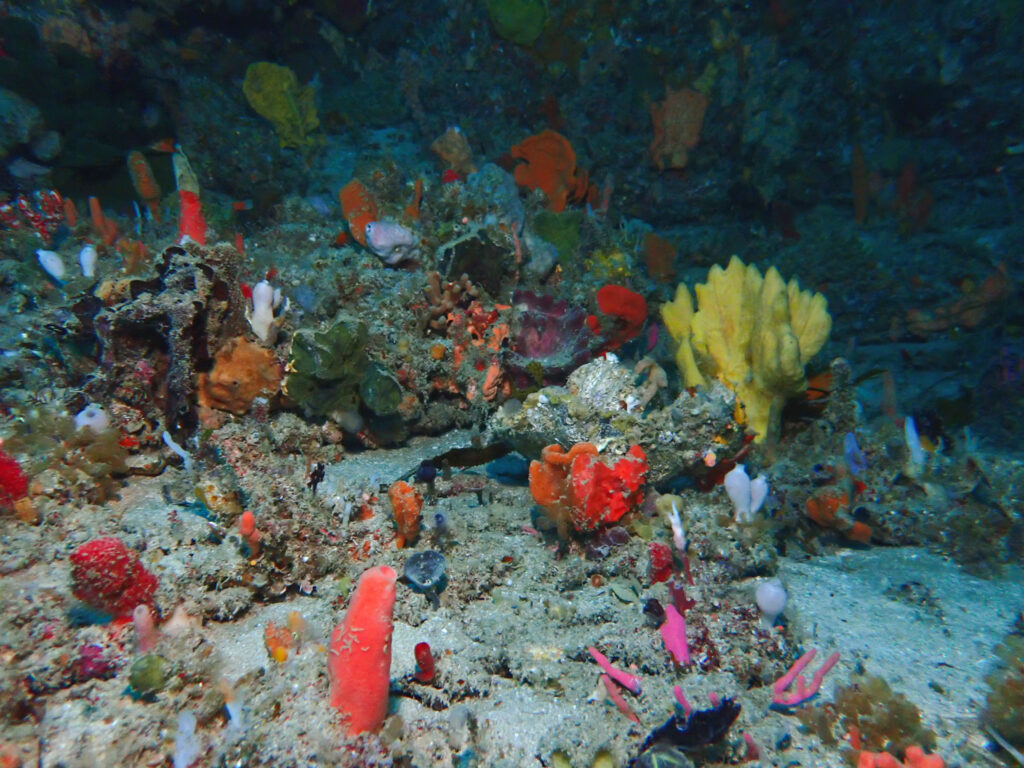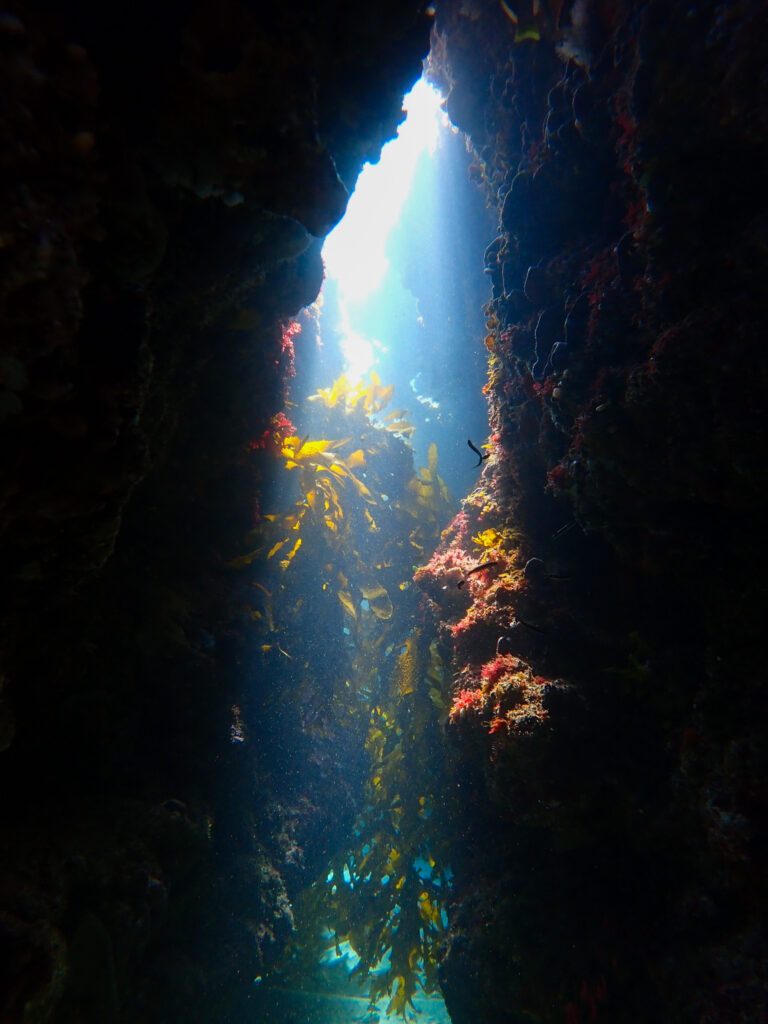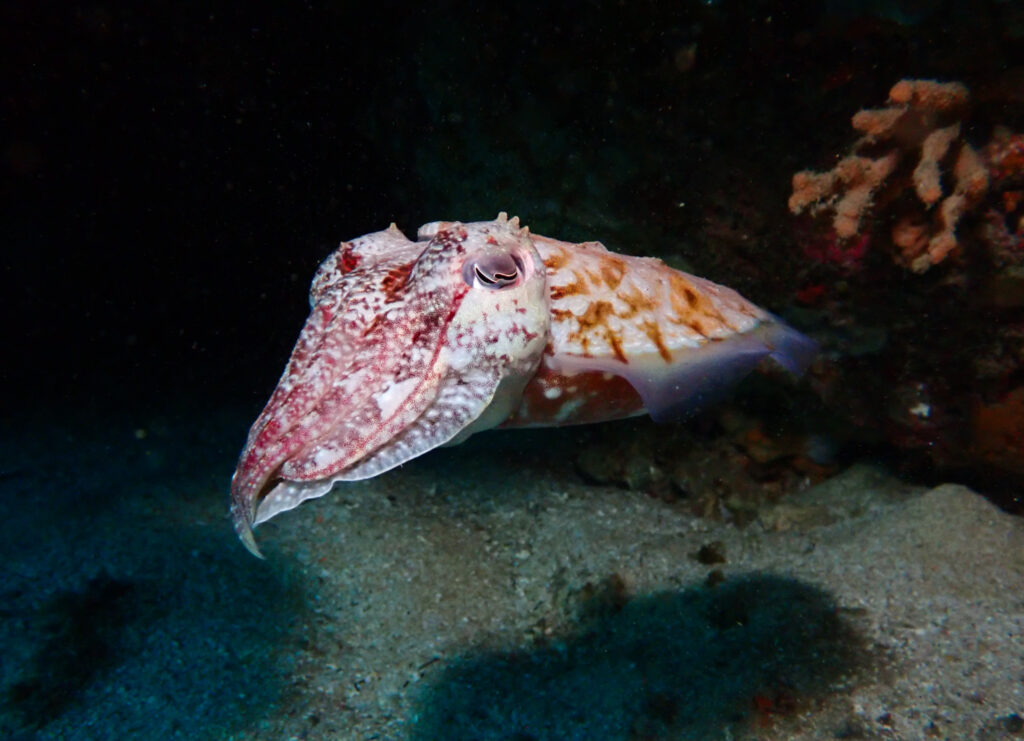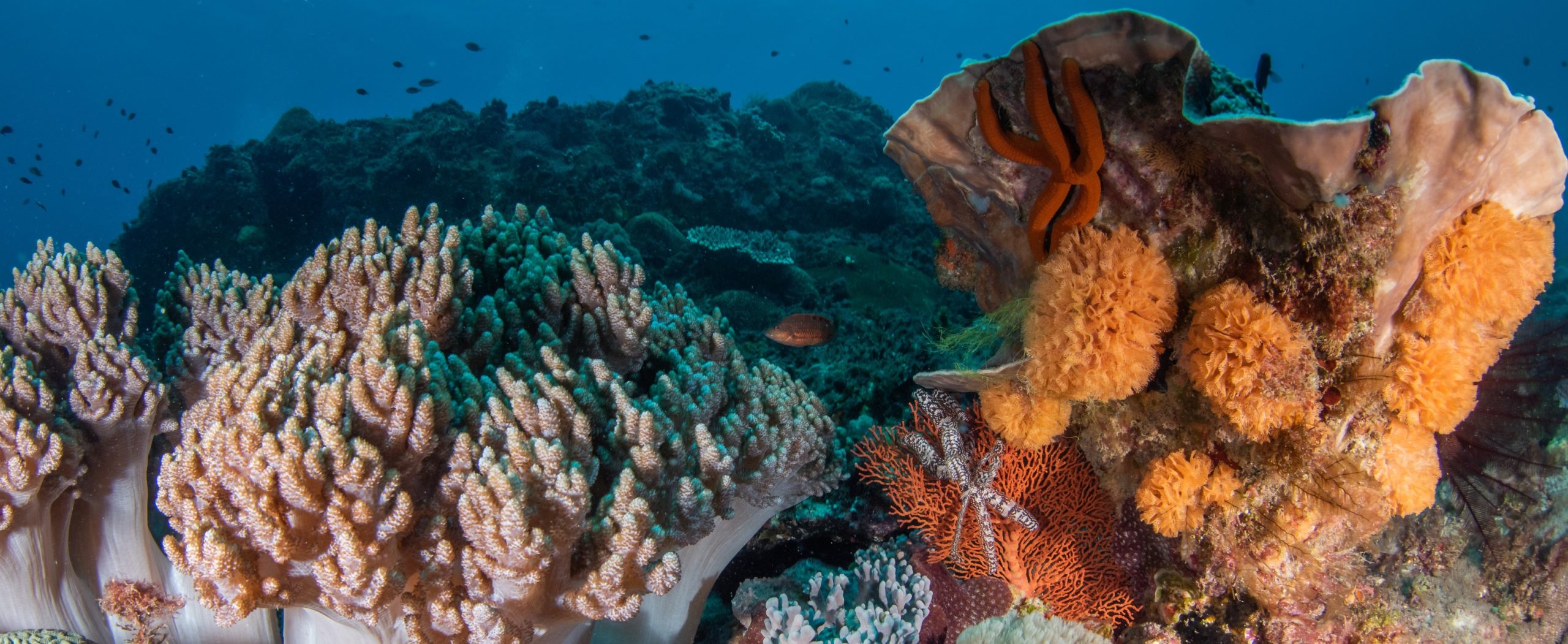From the 27th of April until the 2nd of May, the Western Australian Reef Life Survey volunteers explored the reefs of Rottnest Island for 4 days of diving, searching for fish and invertebrates while enjoying sunny surface intervals on the RSS Greg (and a Rottnest Island rental boat).
This year, we had a smaller-than-usual group, consisting of just 6 team members! Trainer Paul was joined by Kevin, Alicia, Anna and Elle, and new recruit, Laura who’s been eager to join the Reef Life Survey team for a number of years, with the stars finally aligning this season. Laura took to fish ID like a fish to water (pun intended, of course), and showed the team that her taxonomic knowledge was up to scratch. Over the four days of diving, she shot through the training, leaving everyone impressed and excited to see her progress to become another valuable team member for RLS WA.
The team met on a Thursday, staying on beautiful Rottnest Island until the following Tuesday morning. Even though we had a few late comers and early leavers within our already-small team, the surveys were a success, reaching a total of 9 sites and 18 surveys between the five RLS divers and new trainee Laura! We had one close call with a lionfish and were pleasantly reminded of how well-trained our team is, taking action quickly to avoid disaster!

Very quickly, we realised that this trip was a sluggy one, filled with ornamented nudibranchs, sacoglossans and aplysiidae (collectively known as Heterobranchia – a term describing all marine sea slugs). All members of the team were lucky to find a few hidden treasures amongst the cryptic fish and invertebrate surveys, and off the transects too! See below to check out some of our favourites – including a little family of Stiliger aureomarginatus which has not been previously seen on an RLS survey, and the rarely seen Nembrotha milleri which was first recorded on an RLS survey in 2014, marking one of the first recorded sightings of this species in Australia. From day one, everyone was spotting these fun and colourful invertebrates, returning from each dive with a smile on our faces!
Notably, the team also recorded sightings several tropical fish, which are particularly important to monitor on RLS dives as they help researchers to track the extent of tropicalisation in temperate survey locations. This time, the team recorded blue-barred parrotfish (Scarus ghobban), Schlegel's parrotfish (Scarus schlegeli), scribbled wrasse (Anampses geographicus), green moon wrasse (Thalassoma lutescens), moon wrasse (Thalassoma lunare), scissor tail sergeant (Abudefduf sexfasciatus), cleaner wrasse (Labroides dimidiatus), and one very cheeky lionfish (Pterois volitans).
Elle, Anna and Laura were the chefs for this trip, putting together three hearty meals to bring the team together and chat about our favourite sightings from each dive. And we can’t forget the traditional pub night too, which filled our bellies with delicious pizza and pastas.
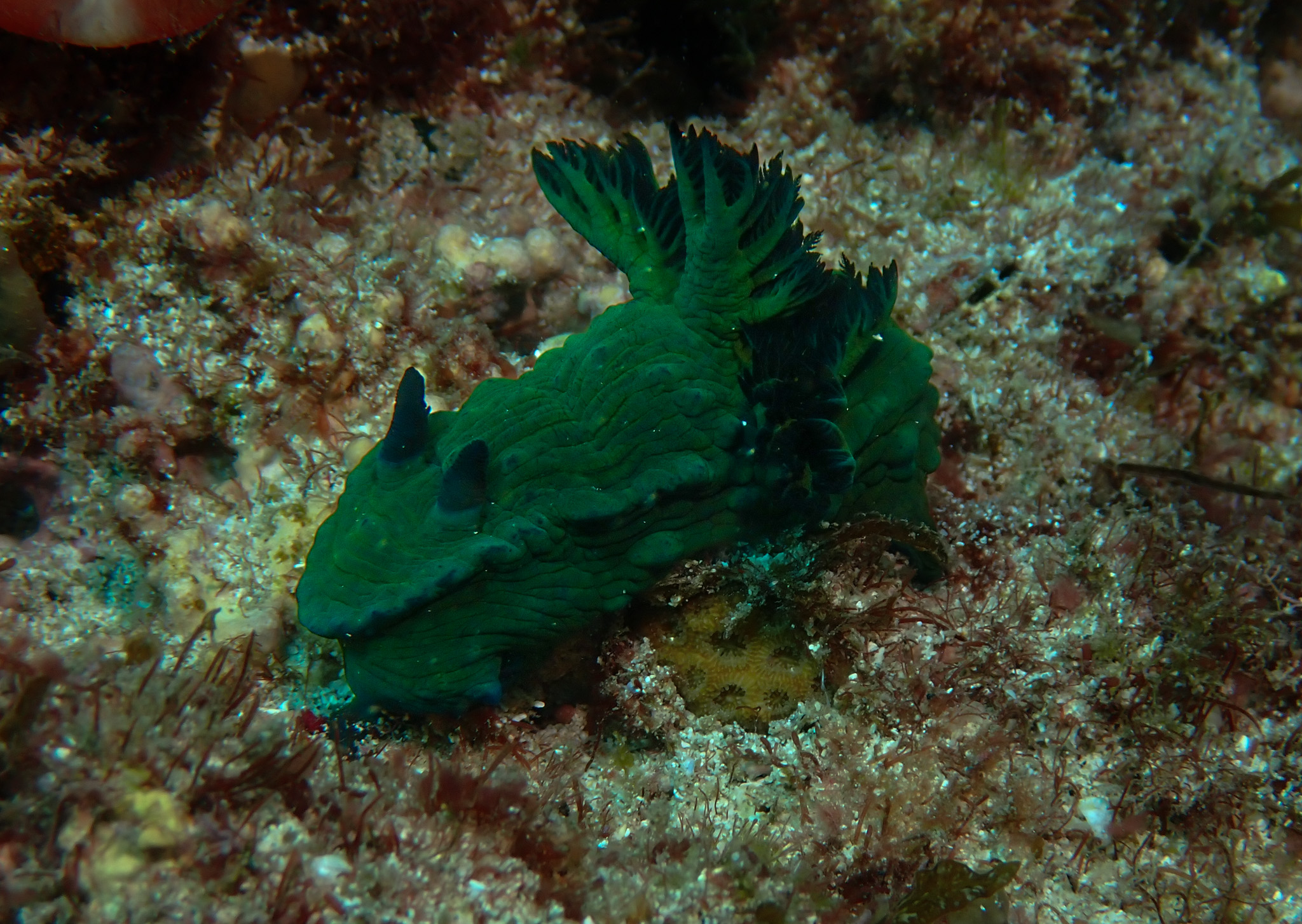
Trainer Paul and new trainee Laura also revisited the island to finish off their training the following fortnight, completing a further three transects across two sites. Notably, the pair were able to make it to Wadjemup Reef which is ~1 nm from another site inside the Kingston Reef sanctuary zone. Wadjemup reef is a bit of an outlier because of the unusually high density of the long-spine urchin (Centrostephanus tenuispinus). The dynamic duo recorded over 200 individuals on one 50m transect along the limestone reef!
Another week later, a subset of team WA including Paul, Kevin, and Rachel ventured back to Rotto and were able to survey another site at Parker Point. At Parker Point, the team recorded Samsonfish (Seriola hippos), a smooth ray (Bathytoshia brevicaudata), little rainbow wrasse (Dotalabrus alleni) and senator wrasse (Pictilabrus laticlavius). The team also had a crack at completing a second transect at Wadjemup Reef (twice at different times of the day) but the current was hooking, so they bailed and had a non-survey dive at Roe Reef instead which was epic! Roe Reef was delivering the goods, with southern blue devils (Paraplesiops meleagris) and giant cuttlefish (Sepia apama) spotted among vibrant sponge gardens.
As always, our Rottnest Island dive sites provided some remarkable scenes, with stunning swim throughs, colourful overhangs and fantastic seascapes. The team can’t wait for next year already!
We can’t thank Helen at Rottnest Island Authority enough for providing us with endless tank fills, our favourite accommodation, vehicles, and ferry tickets to get to our favourite Perth-paradise, as well as Alex from Boating West for hooking us up with a second boat for the trip! Lastly we thank all of our awesome volunteers who make these trips possible.
Stay tuned, folks for more WA surveys next field season!
